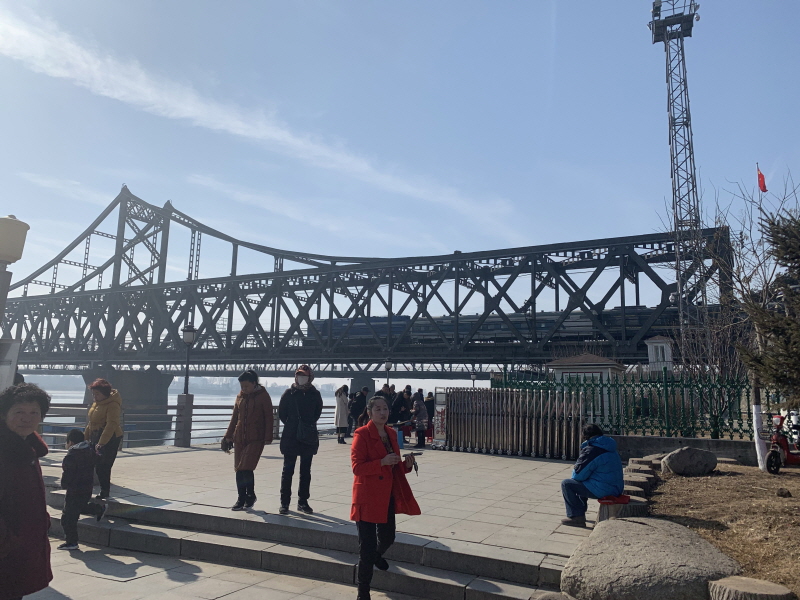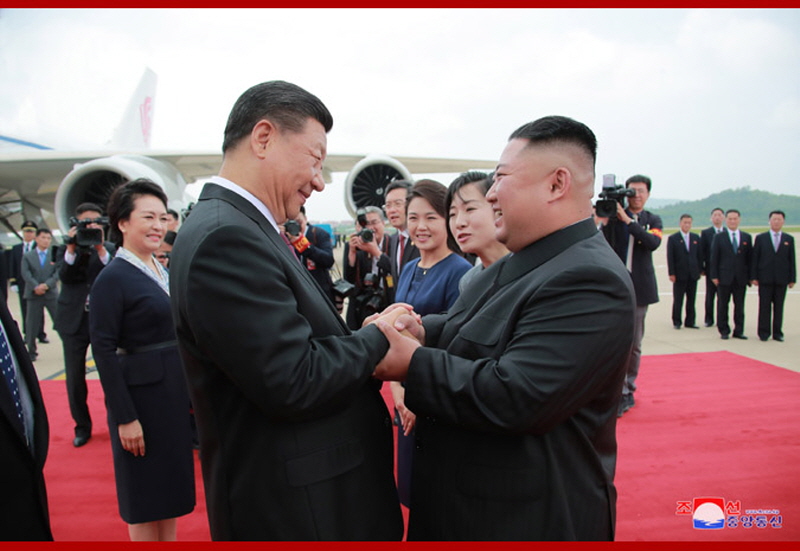China has drastically reduced its exports of essential agricultural goods and materials, such as rice, corn, and fertilizers, to North Korea by up to 98.3% compared to last year, according to data released on September 30. This reduction is fueling speculation that tensions between the two countries are escalating, with China tightening its trade restrictions on North Korea.
According to China’s General Administration of Customs, North Korea imported $7.46 million worth of rice from China between January and August this year, which is only 11.3% of the $65.82 million imported during the same period last year.
Exports of other key items, such as corn and fertilizers, have also significantly decreased. Nitrogen fertilizer exports plummeted by 98.9%, with the export value dropping from $1.58 million last year to just $17,596 this year. Corn exports fell by 97.7%, while compound fertilizer exports dropped by 81.5%.

Notably, nitrogen fertilizer exports, which amounted to 702 tons in January last year, were reduced to just 18 tons in May and 100 tons in July of this year. This decline began even before North Korean leader Kim Jong-un’s unexpected visit to Russia in September last year, which marked the start of closer ties between North Korea and Russia.
In a related report, NK News, a U.S.-based outlet specializing in North Korea, cited Russian customs data in May, revealing that Russia sent more than 1,270 tons of flour and 1,000 tons of corn to North Korea between January and several subsequent months.
Despite the sharp drop in agricultural and essential material exports, overall trade between North Korea and China has not seen a similar decline. The total trade volume between the two countries reached $1.29 billion from January to August this year, maintaining 91.8% of last year’s figure of $1.4 billion.
Experts interpret the drastic reduction in rice and fertilizer exports as a sign that China is beginning to tighten control over North Korea.
A source familiar with North Korea-China relations stated, “Although the COVID-19 pandemic has ended, U.N. sanctions remain in effect, so China sees no need to rush to normalize trade with North Korea.”
The source also noted that the resumption of the Beijing-Pyongyang train route (K27) could take time and added, “North Korea’s shortage of foreign currency is another obstacle to normalizing trade with China.”

Some analysts believe that these actions are preemptive measures ahead of the U.S. presidential election in November. Professor Ko Soo-seok of Kookmin University explained, “If former President Donald Trump is re-elected, North Korea may bypass China and approach the U.S., similar to what happened in 2018. This could be seen as China’s attempt to control North Korea by leveraging trade now that the pandemic is over.”
The absence of any visible efforts to commemorate the upcoming 75th anniversary of North Korea-China diplomatic relations on October 6 is another sign of potential strain. A diplomatic source in Beijing said, “It is likely that a small-scale event marking the end of the ‘Year of China-North Korea Friendship’ will take place in Beijing in November after the U.S. election, rather than on the actual anniversary.”
Meanwhile, North Korean Ambassador to China, Ri Ryong-nam, attended a reception at the Great Hall of the People in Beijing celebrating the 75th anniversary of the founding of the People’s Republic of China. However, China’s Ambassador to North Korea, Wang Yajun, did not attend North Korea’s 76th anniversary celebration of its founding on September 9, citing vacation, and sent Acting Ambassador Feng Chun-tai in his place.
BY KYUNGJIN SHIN, YOUNGNAM KIM [shin.kyungjin@joongang.co.kr]



![Green card interviews used as decoy for ICE arrests U.S. Immigration and Customs Enforcement (ICE) agents arrest a man after a hearing at an immigration court in Manhattan, New York, on Oct. 27. [REUTERS]](https://www.koreadailyus.com/wp-content/uploads/2025/12/1226-ICE-100x70.jpg)
